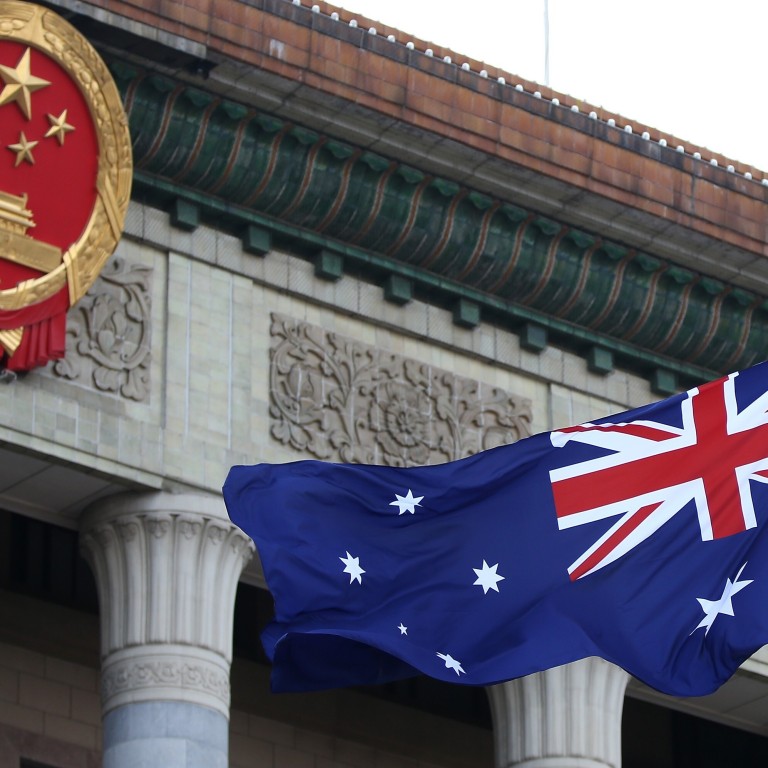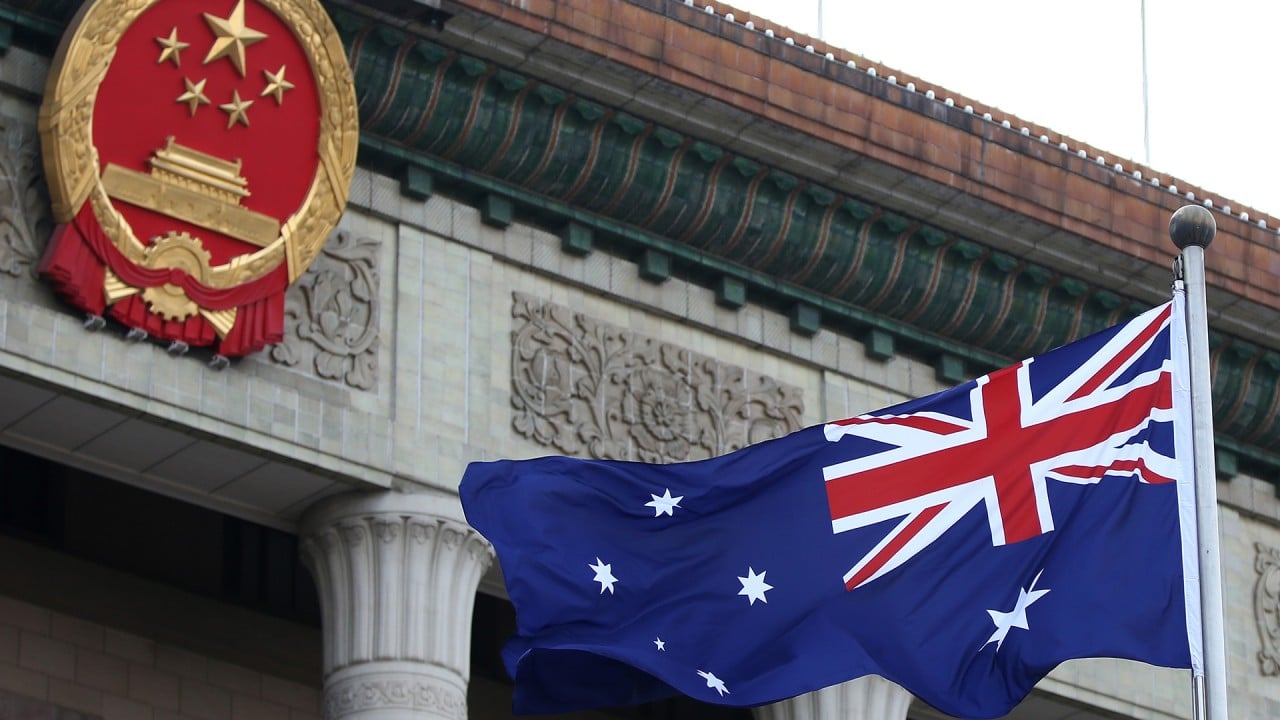
China-Australia relations: Canberra’s path through the WTO looks to be riddled with hurdles and pitfalls
- Challenging China’s anti-dumping duties on barley exports at the World Trade Organization would be an uphill battle with little payoff, trade lawyers say
- The WTO’s Appellate Body remains defunct, meaning Canberra could be appealing ‘into the void’ if no settlement is reached with China
Australia will be heading down a difficult road if it follows through with intentions to challenge China’s anti-dumping duties on barley exports at the World Trade Organization (WTO), as the global trade body’s appeal court sits empty, and with the potential rewards being minimal, according to international trade lawyers.
But the odds are already stacked against Australia in any attempt to make a claim with the WTO, especially if Canberra fails to settle the case with Beijing during preliminary consultations.
“There is not a single Appellate Body member. Assuming the situation does not change in the coming year, neither Australia nor China could have their appeal heard,” said Julien Chaisse, a trade professor at City University of Hong Kong.

07:55
Australia ditched diplomacy for ‘adversarial approach’ to China and ‘a pat on the head’ from US
Joost Pauwelyn, a professor of international law at the Graduate Institute of International and Development Studies in Geneva and an arbitrator on the WTO’s interim appeal system said Australia can still lodge a complaint at the WTO and ordinarily, without a WTO appellate body, Canberra may have ended up appealing “into the void” if no settlement is reached.
But a new multiparty interim appeal arrangement (MPIA) set up this year eliminates that issue, Pauwelyn added. As parties to the MPIA, they can appeal to the MPIA which serves as a stopgap panel to hear appeals in the absence of an operational Appellate Body.
This is the first time Australia has contested an anti-dumping case imposed by China, while China has not contested any of the 87 cases that Australia has initiated over products, including paper and steel, since both started trading as WTO members. China has initiated four cases so far, including the two on barley.
The other two were the wine anti-dumping and countervailing cases that China initiated in August. It imposed the provisional anti-dumping duties of between 107.1 and 212.1 per cent at the end of November, making Australian wine unmarketable in China, according to winemakers.
The Appellate Body had the minimum of three members to hear cases until last December, when two members retired.
If Australia wants to go ahead with a case, it can still lodge it with the WTO in the usual manner and proceed through consultations, but it may face a stalemate when it gets to the appeals stage, Chaisse said. Though he noted that there is still the possibility that the situation could rapidly change in the coming months, particularly if the US acts differently under the incoming presidential administration of Joe Biden.
China blames US as WTO appeal court comes to a halt
“I don’t think Australia has any other options,” Chaisse said. “Despite the fact that there’s no Appellate Body now, things might change in 2021. There are a lot of moving pieces here, but should Biden’s administration take a more constructive stance vis-à-vis WTO, it’ll only take a few days or weeks to reinstate the Appellate Body.”
Alternatively, an interim body – the multiparty interim appeal arrangement (MPIA) – that WTO members set up in July could step into the arbitration role.
It would be a stopgap solution in the absence of an operational Appellate Body, but it could keep the dispute-settlement system alive.
“Australia can request a panel to examine the legal claims,” Pauwelyn said. “The MPIA arbitrators would look at any appeal, and after that the ruling would be binding on the parties.”
Yet, even if the case is successful through the interim MPIA or a renewed Appellate Body, the process could take two years – perhaps longer, given delays caused by the coronavirus pandemic – with duties continued to be imposed on Australia exporters in that time, Pauwelyn said.
Under WTO rules, member countries must trade openly, without market intervention. However, members can investigate and impose penalties such as anti-dumping duties if trade is found to have hurt domestic markets.
Given the rarity of challenges from China, Chaisse said, and in the absence of a thorough analysis of the paperwork, there is a good chance that China’s Ministry of Commerce has justified their barley anti-dumping case against Australia.
“So, China could simply win this panel,” he said. “I tend to think China has chosen a case it knows it can win.”
China-Australia relations: what has happened over the last seven months?
But even if Australia were to eventually win the case, rich rewards are not up for grabs, according to Elizabeth Sheargold, a postdoctoral research fellow at the University of Wollongong School of Law in Australia.
“The processes to challenge an anti-dumping investigation through the WTO are slow and take a couple of years,” she said. “Even if a country is found to have imposed duties wrongly, there are no damages to the country calling the challenge.”
Solutions to the injured party are also forward-looking and not retrospective, she said. China could be asked to revise or review its anti-dumping duties on Australian barley, but it would not be required to compensate Australia for lost trade or other losses borne by its exporters.

